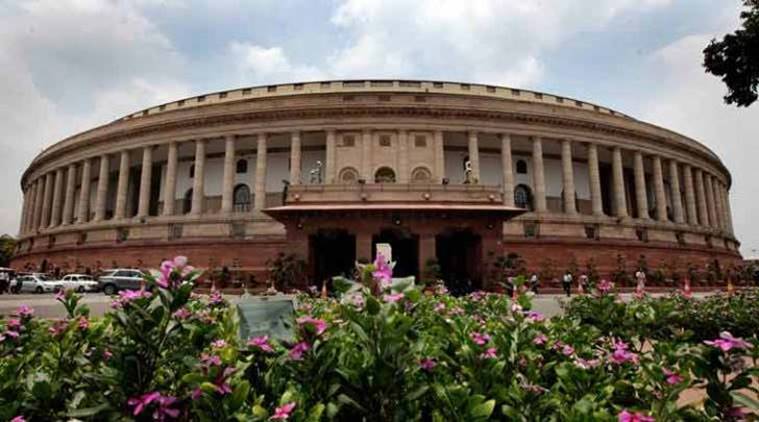 The Renke Commission report of July 2008 estimated that 89 per cent of DNT and 98 per cent NT members are landless.
The Renke Commission report of July 2008 estimated that 89 per cent of DNT and 98 per cent NT members are landless.
Even as Dalit and Adivasi groups are set to hold demonstrations on Tuesday to observe May Day as the ‘National Resistance Day against the Supreme Court Judgment on SCs and STs (Prevention of Act) Act 1989’, the Ministry of Social Justice and Empowerment is considering a recommendation by a government panel on extending the Atrocities Act to members from Denotified Nomadic and Semi-Nomadic Tribes.
The National Commission for Denotified Nomadic and Semi-Nomadic Tribes, chaired by Bhiku Ramji Idate, a senior RSS functionary, has in its report called them “poorest of the poor, most marginalised and most downtrodden communities” who are subject to “social stigma, atrocity and exclusion”.
Minister of State for Social Justice and Empowerment Ramdas Athawale said that the ministry is considering the recommendation to include the communities under the Atrocities Act.
He pointed out that the Renke Commission submitted a report on them to the previous UPA government but not much was done about it.
“Earlier this year, we received the Idate Commission report, which has asked that they be given protection under Atrocities Act. However, the ministry has not taken any decision on the report yet. I will pursue the issue with the Prime Minister,” Athawale told The Indian Express.
Stating that the condition of denotified tribes is “worse” than SCs and STs, the minister said, “They lead a nomadic life, travelling from village to village, living in makeshift tents, receiving no education and often subject to atrocities, especially against women.”
The Idate Commission has recommended a Constitutional amendment so that Scheduled NT/ DNT/ SNT can be added as a third category after Scheduled Castes and Scheduled Tribes in the Act. The report states, “the government should provide strong legal protections and constitutional safeguards, including the extension of the Protection of Atrocities Act to the NT/ DNT/ SNT communities by creating a separate Third schedule as ‘Scheduled De-notified, Nomadic and Semi-Nomadic Tribes.”
The commission was constituted in January 2015 for a three-year temporary term, following which it had to submit its report identifying these communities state-wise, assessing their development status, and recommending ways to uplift them.
In its report, the commission has noted that entire communities were branded as criminals under the colonial rule through enforcement of the Criminal Tribes Act, 1871.
Despite repeal of the Act after Independence, subsequent legislations have forcibly alienated them from their traditional occupations and habitations, the panel noted.
The Renke Commission report of July 2008 estimated that 89 per cent of DNT and 98 per cent NT members are landless.
Noting that all that the Centre has done so far are “symbolic reparations”, the Idate Commission advocated for release of 2011 caste census, which is yet to be made public, at least on the DT/ NT/ SNT community, so that policies can be made specifically for these communities. Making a case for grouping these communities into a separate category under a Third Schedule, the commission notes that while few of them have been included in SC, ST, or OBC groups, 94 DNT, 171 NT, and 2 SNT communities fall by the wayside as they are not included in any of the categories.
“The government is seriously considering the suggestion for separate categorisation so that benefits of reservations in government jobs and education can be extended to them,” said Athawale.